Santa Barbara’s
Psychedelic Social Club
Pushes to Decriminalize
Natural Hallucinogens in City
District 216 Members Start Petition and Talks
with Councilmembers to Legalize Possession
and Use of Psilocybin Mushrooms and More in City
By Callie Fausey | July 21, 2023

Psychedelics may not be so “far out” from legalization in Santa Barbara. Larry Norris, a researcher in entheogens — naturally occurring substances like psilocybin (magic mushrooms), which induce altered states of consciousness — has been helping cities around the country “decriminalize nature” and has recently taken trips to Santa Barbara.
No, not those kinds of trips, necessarily. But Norris has been working with District 216, a psychedelic social club in the city, to lend the group the playbook for decriminalizing natural hallucinogens, such as peyote, ayahuasca, and, of course, psilocybin mushrooms. He’s spoken at the community’s “edutainment” -events twice, having been a key player behind the decriminalization of entheogens in multiple U.S. cities.
In California, Decriminalize Nature, the nonprofit Norris co-founded, supported the trailblazing decriminalization of natural psychedelics in the cities of Oakland, San Francisco, and Santa Cruz over the last four years. It wouldn’t be a big surprise if Santa Barbara decided to legally ride the psychedelic wave.
SWAYING THE CITY COUNCIL
For that to happen, the City Council would need to vote to remove criminal penalties for the possession, use, and (possibly) cultivation and distribution of entheogenic plants and fungi. However, the use, sale, and possession of psilocybin and other entheogens in the United States remains illegal under federal law.
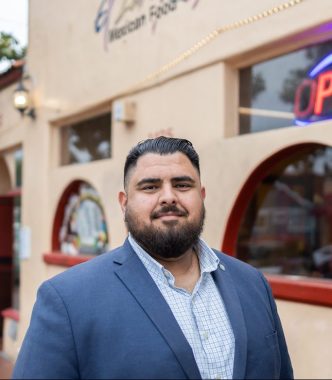
Jacob Tell, District 216’s founder, wanted to figure out how they could get Santa Barbara on the decriminalization train. The club’s been making strides ever since. So far, they’ve collected 500 signatures (and counting) on a petition to decriminalize entheogens in the city.
According to Tell, their next step is to win over city councilmembers, and they’ve already spoken with two out of seven. Councilmembers Mike Jordan and Oscar Gutierrez, Tell said, had positive reactions to their conversations. “The idea is to get four out of seven on board,” he added. “We’re trying to get a yes vote from the council in the next 6-12 months.”
Gutierrez thinks the group approached him because they may view him as one of the more “open-minded” councilmembers or as an “out-of-the-box thinker.”
“I’m always willing to hear people out and see what can be done to better our community,” Gutierrez said. He declined an invitation to try the substances himself.
To soberly persuade the council, District 216 is hoping to inspire people to share their personal stories of how entheogens like psilocybin mushrooms impacted their lives for the better. Traditionally, these plants and fungi have been used for spiritual and therapeutic purposes, as their properties can encourage psychological introspection, spiritual exploration, and the healthy processing of trauma.
POWER OF PSYCHEDELICS
Despite being targeted and victimized by the country’s war-on-drugs mentality, psychedelics have been shown to treat a range of mental and physical conditions effectively; they are now being researched as potential treatments for things like Lyme disease, Alzheimer’s, opioid addiction, anorexia, obsessive-compulsive disorders, and anxiety.
On Wednesday night, District 216 hosted a roundtable of Santa Barbara–based psychotherapists and experts in entheogenic medicine. Speakers emphasized the power of certain psychedelics — or, “the medicine,” as some referred to it — as a way to heal, shift individual and collective perspectives, and strengthen spiritual and interpersonal relationships.
The theme of the discussion centered around what the speakers learned from a conference on psychedelic medicine in Denver, Colorado. For example, one participant described hearing from clergymen who took psilocybin and testified that it heightened their connection to the divine.
Guests young and old hung out before and after the discussion to chat casually about “neuroplasticity,” opening the mind, their personal or observed experiences with ketamine and psilocybin, and the Burning Man festival.


[Click to enlarge] District 216 meeting space at LoDo studios. | Credit: Callie Fausey
Even red states are considering the medicinal benefits of psychedelics. In Kentucky, for example, Ibogaine (found in plants such as Iboga, an evergreen forest shrub native to Central Africa) is being studied for its potential to treat addiction. Although psychedelics are illegal in Kentucky, officials seem attracted to the idea that it may help counter the state’s opioid epidemic.
But it’s not a perfect, kaleidoscopic picture. Wednesday’s roundtable also discussed the problems within the “psychedelic renaissance,” such as how little effort has been made to integrate, learn from, and work collaboratively with Indigenous groups who have been using entheogens for medicinal and spiritual purposes for millennia.
They warned about “cheerleader-ism” and “gatekeeping” in Western culture. Issues such as negative side effects (including potential for addiction when it comes to substances such as ketamine), as well as social discrepancies in accessibility and representation, still need to be addressed. Although some low-cost therapy methods exist, they’re not common.
A MUSHROOM A DAY
Legalization, District 216’s Cole Lupoli argued, could help keep people safe, lower cost barriers and increase access, reduce arrests, and counter stigma in the context of psychedelics. Their current line in the sand for decriminalization separates naturally occurring psychedelics from “synthetic” substances, such as MDMA and LSD, so as to not “cloud the conversation.”
“If we really want to help people, we should really think about the way we regard these substances,” he continued. “And frankly, most people that don’t like them are ill-informed, in many ways. If they were informed properly, which could come about via decriminalization, I think they feel very differently.”
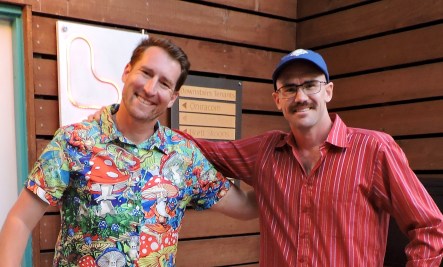
Lupoli, who facilitated Wednesday’s discussion, made the point that there is potential to “overdo” a lot of legal things — eating too much sugar or pasta, for example, and even drinking too much water can cause harm. It’s not for everyone, but psychedelics, he argued, can be “profoundly beneficial” when done in the company of people who know what they’re doing.
“If you drink alcohol every day, which you are legally allowed to, you will develop heart problems, you will die of cirrhosis at a certain point, and your body will physically shut down,” he said. “However, if you ate mushrooms every single day of your life, you might be more insightful — potentially slightly loopy, if you weren’t in the right set and setting.”
As for any local pushback from Santa Barbarans, Tell said he’s “been holding his breath” but has not received any negative feedback so far. He said they’ve reached out to multiple different age demographics, but not yet every corner of the community. However, he gets “the sense that this would be supported.”
Santa Barbara may not get a magic mushroom and cannabis church, like Oakland’s Zide Door, but for a town that has been stereotypically thought of as a safe place for surfers and stoners, psychedelic decriminalization may not be a far-fetched hallucination. Trippy, right?

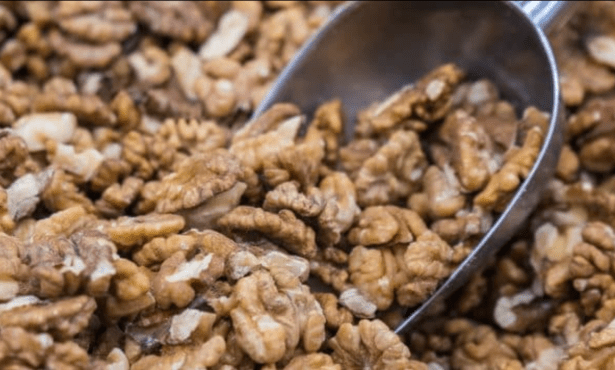
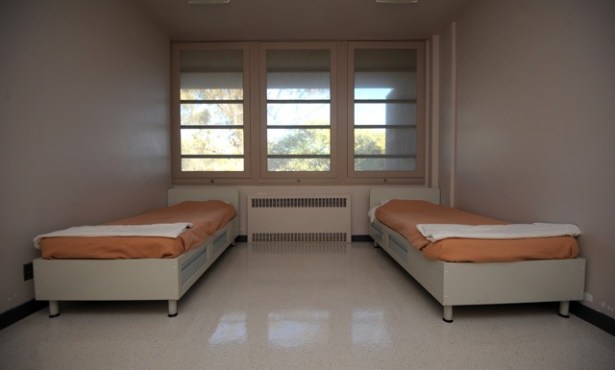
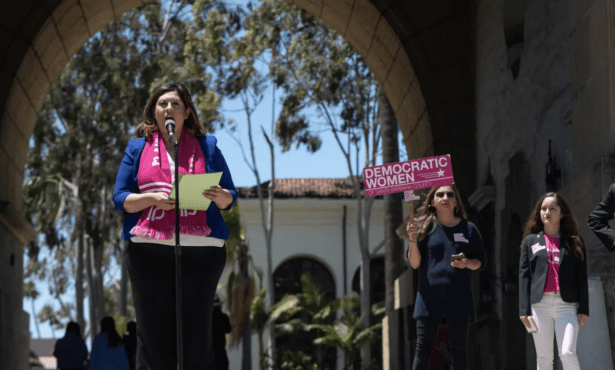
You must be logged in to post a comment.